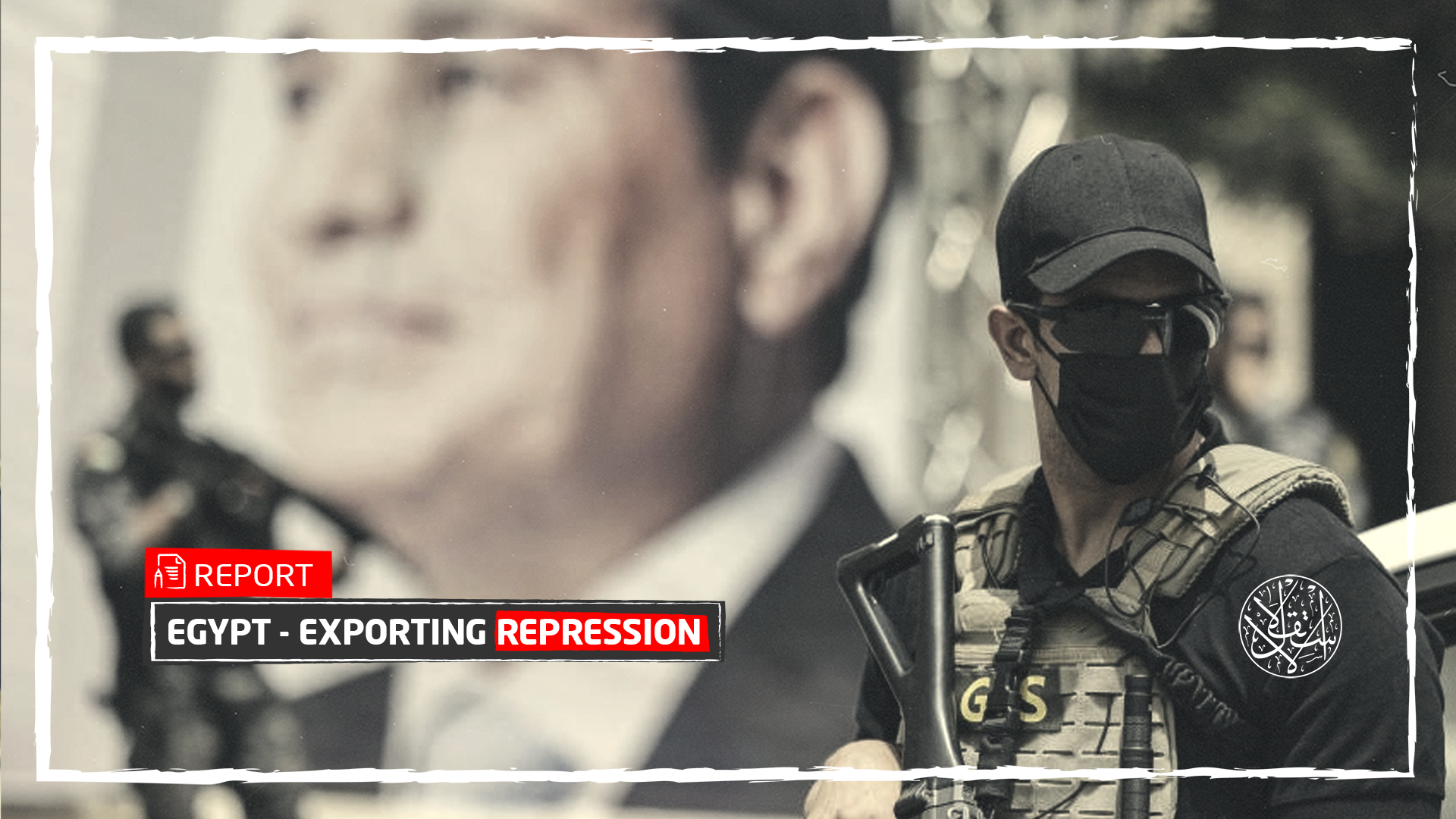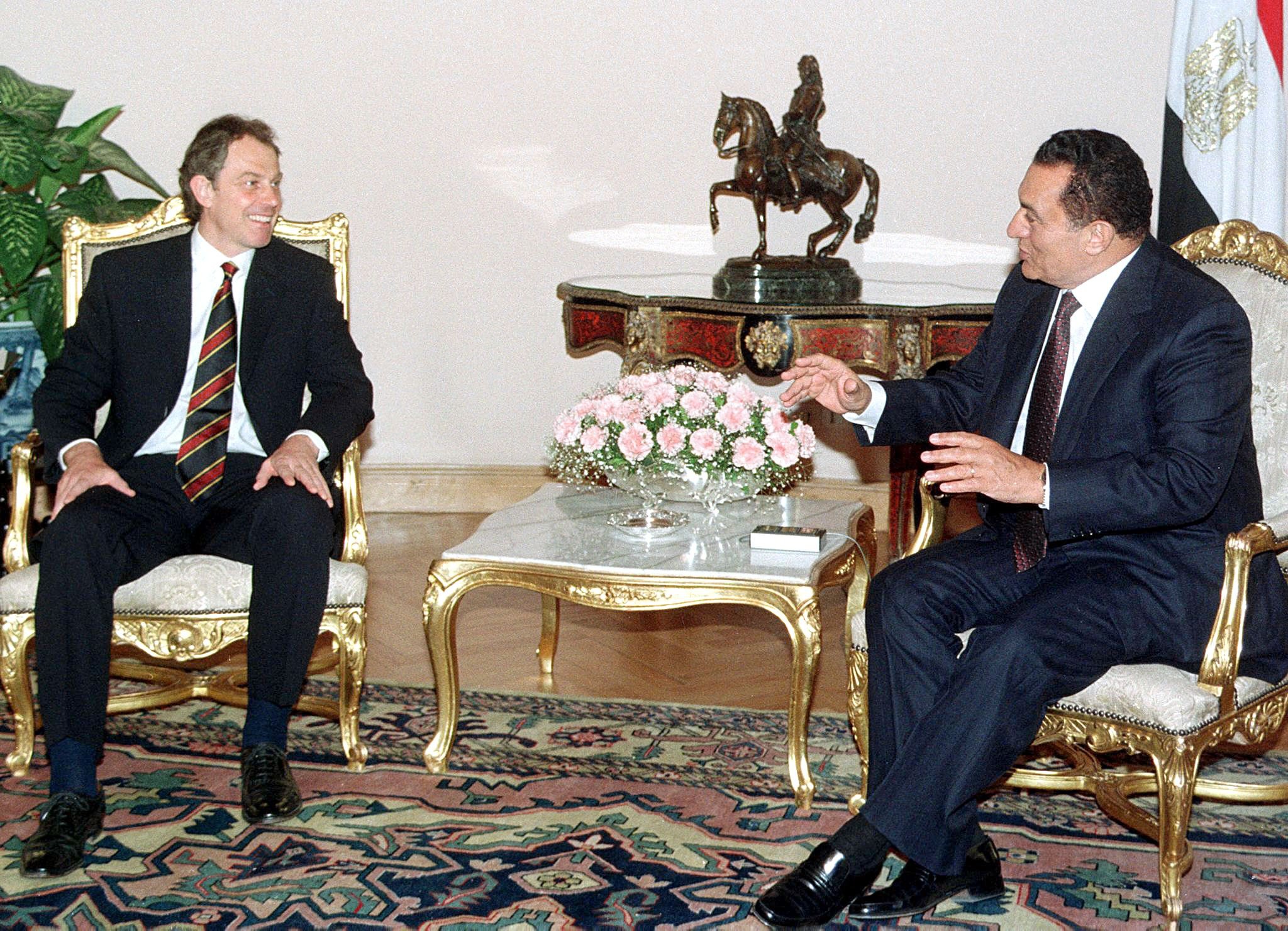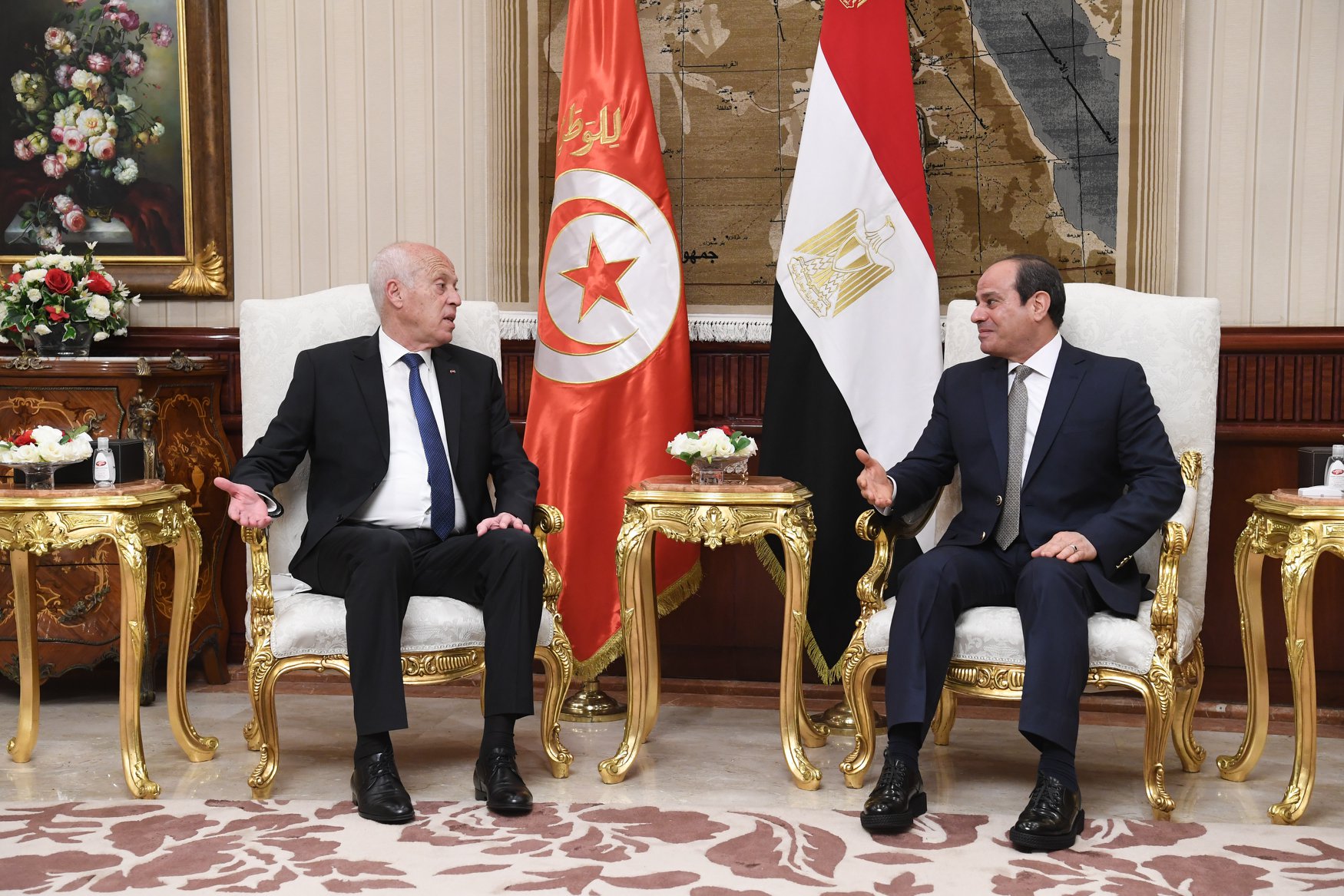India is Joining: How Egypt is Exporting its Repression Experience Abroad

French website Intelligence Online published a report saying that during his visit to Cairo from September 18 to 20, Indian Defense Minister Rajnath Singh signed with Egyptian President Abdel Fattah al-Sisi and his Defense Minister Mohamed Zaki a memorandum of understanding on military and security cooperation between the two sides.
The agreement included an intelligence partnership between the Indian Research and Analysis Wing (Indian Intelligence Service) headed by Samant Kumar Goel (Intelligence Online, 24/06/22) and the Egyptian General Intelligence Service headed by Major General Abbas Kamel (Intelligence Online, 16/09/22).
A high-level delegation from India's Research and Analysis Pavilion recently visited Cairo and met with officers from Egypt's counterterrorism department to discuss joint cooperation against Islamist militant groups in Pakistan and Afghanistan, Intelligence Online sources said.
"New Delhi is keen to draw on the expertise of intelligence chiefs in Cairo who are notorious for their understanding of radical Islamist movements, some of which are headed by Egyptians, such as al-Qaeda leader Ayman al-Zawahiri, who was killed in Kabul on July 31, or former Egyptian special forces officer Saif al-Adl," Intelligence Online said.
"The cooperation between Cairo and New Delhi also includes the defense industries sector. During his visit to Cairo, Singh called for enhanced cooperation in the fields of armaments and training, joint exercises, transfer of technology and expertise, and exchange of information between the two countries," it added.
In July, then-Egyptian Air Force Commander Mohamed Abbas Helmy visited India, where he raised the prospect of replacing Egypt's old Dassault Mirage 5 jets with 70 light multirole fighter jets from Hindustan Aeronautics Limited. While Cairo and New Delhi face significant strategic challenges, the defense ministers of the two sides have discussed establishing a safe passage between the Mediterranean Sea and the Indian Ocean.
Plans are afoot for #Egypt and #India to step up cooperation in counterterrorism in Afghanistan and Pakistan as part of a broader strategic partnership. #Pakistan #Afghanistan https://t.co/jgiLNDRjjB
— Intelligence Online (@Intel_Online) October 7, 2022
Deep History
The Egyptian security apparatus has a long experience spanning more than ninety years in dealing with Islamic currents and groups of various spectrums, starting with the Muslim Brotherhood, which emerged in 1928 to work on the return of the Islamic caliphate that fell in 1924. Besides the jihadist currents such as the Islamic Group and the organization of jihad, which chose to follow the path of armed action as a mechanism for change after the security repression of the Brotherhood in 1954 and 1965, and ending with the Salafi current with its multiple schools and other categories that practiced in its entirety.
Salafist movements had various activities ranging from Islamic advocacy, to political, economic, social, educational, and military activities, which led to a diversity of security methods in dealing with them according to the circumstances of reality.
The Egyptian State Security, with its extensive historical experience in dealing with Islamists of all spectrums, played an important and prominent role in the formulation and formation of the global security attic in dealing with Islamic movements, so many foreign and Arab countries use it in combating existing Islamic currents.
For example, America used Egyptian investigators affiliated with State Security to interrogate Guantanamo detainees, as mentioned by former Sudanese detainee Walid al-Hajj.
Former Egyptian Interior Minister Zaki Badr, the owner of the brutal "beating in the heart" policy of dealing with Islamists, went after his dismissal to work as a security adviser to Prince Nayef bin Abdulaziz, the Saudi interior minister.
Researcher Ahmed Mawlana says that History preserves that the late Egyptian President Hosni Mubarak was the first leader to call Islamists "terrorists" years before the 9/11 attacks and before America launched the global war on terror campaign.

Tunis' Cooperation
Hence, India's cooperation with Egypt's security apparatuses is not one of a kind. In fact, lately, Egyptian intelligence has been coordinating with several repressive leaders to offer support and experience.
In January 2022, the British website Middle East Eye (MEE) said that a prominent Egyptian intelligence officer, cooperating with Tunisian Presidential Security, was preparing plans to launch a campaign against Ennahda.
Of the sources, whose identity has not been revealed by MEE, one of them told the site that Colonel Ali Mohamed al-Farran, of Egyptian intelligence, plans to "repeat the Egyptian experience" in Tunisia, referring to the repression of the Muslim Brotherhood in Egypt after the military coup in 2013.
In a parallel context, the British website learned that Colonel Farran, who is in charge of the Tunisia file by the Egyptian intelligence service, was cooperating closely with Khaled Yahyaoui, director general of presidential security and adviser to President Kais Saied.
MEE sources also reported that al-Farran, who had previously played a prominent role in military operations in the northern Sinai city of al-Arish, had been granted unfettered powers within Tunisia.
Tunisia's Ennahda movement had the largest number of seats in Tunisia's parliament before it was effectively dissolved by Kais Saied in July 2021 under power grab measures that critics described as a coup.
Kais Saied seized power—in a leak scheme for the British website—saying high unemployment, rampant corruption, and the coronavirus pandemic were sufficient reasons to suspend parliament, dismiss Prime Minister Hisham Mechichi, and give himself powers of prosecution.
In the same context, several sources confirmed to the British website that Egyptian security officials were present at the presidential palace at the time, advised Saied before the coup, and managed the operations at the time of their occurrence.
A source confirmed to the British website in July 2021 that "Egyptian President Abdel Fattah al-Sisi has offered to give Kais Saied all the support he needs for the coup, and Kais Saied has received that support. Egyptian military and security personnel were sent to Tunisia with the full support of Mohammed bin Zayed, Crown Prince of Abu Dhabi."

French Operation
In November 2021, an investigative report conducted by the French investigative website Disclose revealed that Egypt misused intelligence provided to it by French services as part of a secret mission between the two countries.
The joint operation ultimately resulted in France's involvement in airstrikes targeting civilians in Egypt's Western Sahara region.
The investigation was based on hundreds of classified French documents about an intelligence mission called Operation Sirly obtained by the site from an unidentified source.
The website called the documents "Egypt Papers" and said the intelligence mission had been led by France for Egypt since February 2016 as part of the fight against terrorism and had been derailed by the Egyptian state.
The documents said Egypt "used information gathered by French intelligence in order to launch air strikes on vehicles suspected of being smugglers."
Egypt's misuse of this information and its reliance on it to target smugglers on the border with Libya ultimately embarrassed Paris and accused "French forces of being involved in at least 19 bombing operations against civilians between 2016 and 2018," Disclosed said in its report.













